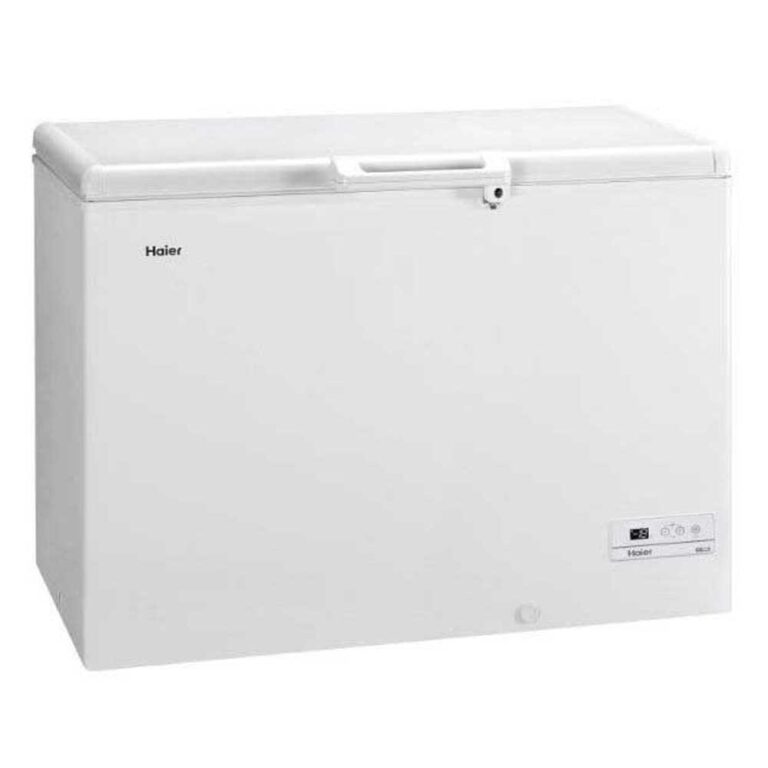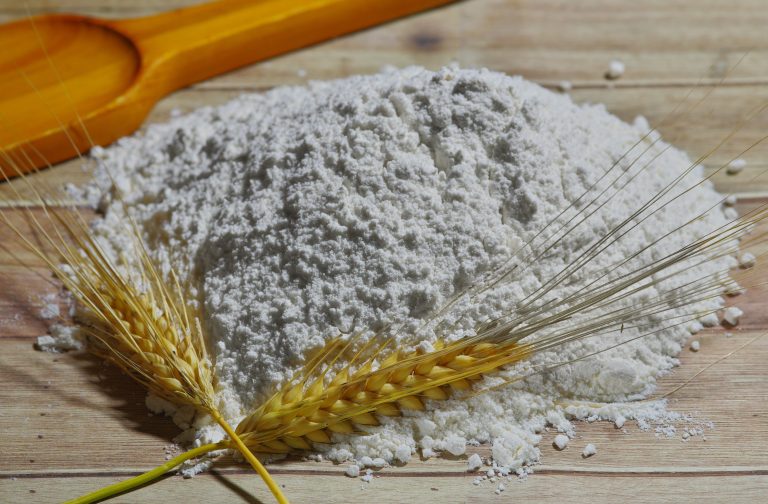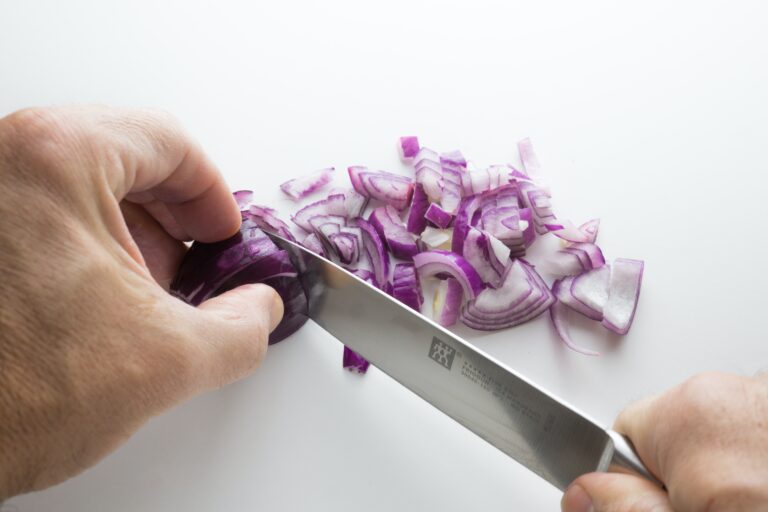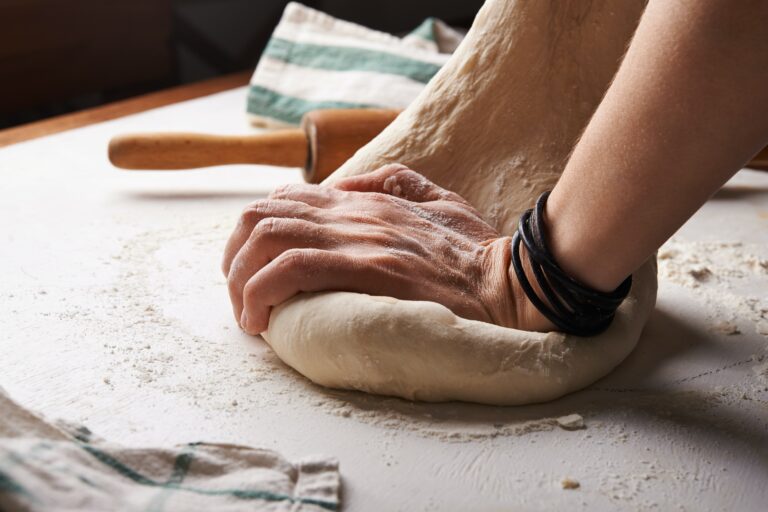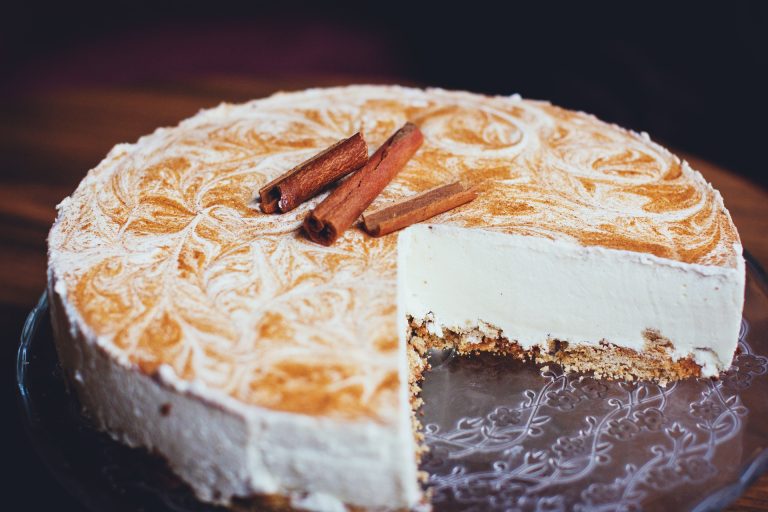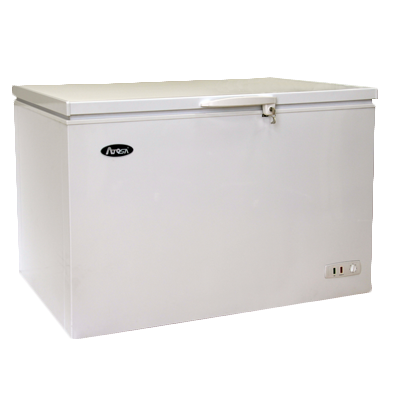Where Is The Best Place To Store Ice Cream In The Freezer?
A classic, frozen, sweet treat for all ages preferred on any day of the year. Just like any other cold dessert, ice cream is best served cold, so it is very important to handle them.
The back part of the freezer is the best place for ice cream to be kept. This will help extend the shelf life of your freezer because it is the coldest part of it.
The freezer door is not the best place to store it. The freezer door is the warmest part of the freezer because it is frequently open and shut.
If you have a chest freezer, it is possible to store it there.
You don’t want your ice cream to melt because of the temperature fluctuations. It is recommended that the optimal storage for the product be provided.
If you want your ice cream to still taste great even after it’s been stored, read on to learn how to properly store and handle ice cream.
Table of Contents
What Is The Best Place to Store Ice Cream inside a Freezer?
The best place to store ice cream is near the back of the freezer.
Since this is the coldest part of the appliance, your ice cream will maintain the correct temperature to stay at the perfect consistency.
Its shelf life will be extended by keeping it properly frozen. Warm air enters the appliance whenever you open the freezer door.
Keeping your container of ice cream as far back as possible ensures that it won’t be affected by the influx of air when the door is opened.
The freezer’s temperature should be monitored with a thermometer.
Some freezers have one built in and others that do not. If you don’t already own one, you can always purchase one.

How Cold Is It Necessary for a Freezer to Keep Ice Cream Frozen?
It is easy for ice cream to be affected by the wrong temperature.
If you don’t have a sufficiently cold freezer, your ice cream will most likely have little ice crystals, or worse, it will quickly melt.
Ice cream should be stored in a freezer between 5F and 0F in your temperature settings.
It’s important to keep it in this range, not only for its quality but also for its food safety concerns.
It’s important to keep the temperature consistent to have the best quality of ice cream.
It’s important to maintain the desired temperature so that we don’t have those ice crystals. Milk is one of the main ingredients of ice cream and should be treated with care.
Best Temperature for Scoopable Ice Cream
The ideal serving temperature range for ice cream is between 6F and 10F. If you keep your ice cream between these temperatures for a long time, it will melt.
We let the ice cream from the freezer sit on our kitchen countertops before we serve it because we think it’s better to serve it straight from the freezer.
Continue to thaw your ice cream from the freezer. If you want to dip the scoop, make sure to temper it.
Transferring ice cream from the freezer to your refrigerator will help it warm up more evenly.
After about 10 to 20 minutes in the refrigerator, you should be able to scoop the ice cream easily. From now on, you will only be serving neat scoops of ice cream.
How Long Is It Possible to Keep Ice Cream in the Freezer?
You could have a tub of ice cream in the back of the freezer for months, or you could have bulk amounts of ice cream in the freezer that you usually have a scoop of after dinner.
Ice cream can only last about six weeks when it’s stored correctly. It will no longer have the optimal taste after this period.
If you’ll be storing it again, you must not leave the ice cream out of the freezer for a long time or allow it to thaw after serving it.
Store it in the freezer to make sure it is safe for consumption. The higher the exposure, the more likely it is to be a source of foodborne illness.
It is better to not allow ice cream to be continually softened and re-frozen.
Unopened ice cream can stay fresh for up to three months past its stamped date when frozen at a suitable temperature.
It can only last for a short period if it’s not the best before date. Products that are properly frozen can be safe for a long time.
The longer the ice cream is in the freezer, the more likely it is that there will be the growth of the bacterium.
It is important to remember that frozen food products do not last very long. When it comes to frozen food, it takes more time to expire than those that don’t.
Is Freezer-burned Ice Cream Bad?
The dehydration of a product can be caused by a freezer burn. The surface of ice cream crystallizes because of the air that is in the freezer.
Improperly protected food causes ice crystals to sublimate to the surface of the ice cream making it harder to eat and often discolored.
The quality of the ice cream will be affected by the air trapped inside the container over a long period. The most common place for this to occur is in open ice cream.
Even though it is safe to consume, freezer burn alters the taste and texture of ice cream. The quality of the product isn’t an issue when it comes to your food safety concern.
The quality of your ice cream can be compromised if you store it in the freezer for a long period.
If you want to prevent a freezer burn on your ice cream, you should transfer it to small containers or freezer bags.
It will allow less ambient air, which will mean less risk of freezer burn.

Best Container to Store Ice Cream
It’s important to treat ice cream carefully since it’s a product that won’t last very long.
It may not last long for some people who can’t get enough of it, but you want to make sure it tastes good whenever you eat it.
It is a good idea to store it in a freezer-safe container with a tight-fitting lid.
You can use wax paper or parchment paper to cover the surface of your ice cream for an additional safe storage tip.
The ice cream will act as a barrier between the air and the ice cream. It will prevent the icy layers from forming on top.
Foul odors from other foods in the same freezer will be prevented, as well as your dessert.
Conclusion
Ice cream should last no longer than a week or two, with great tasting flavors, because of the important storage and handling techniques you have learned.

Foodie and a passionate cook, I am here to share all of what I know about cooking, kitchen, and food prepping.
Follow me for delicious and healthy recipes.

